Counting skills Building Vocabulary Worksheets for 6-Year-Olds
14 filtered results
-
From - To
Our "Counting Skills Building Vocabulary Worksheets for 6-Year-Olds" merge math and literacy to foster a well-rounded learning experience. These printable worksheets are designed to help young learners master counting while concurrently building a richer vocabulary. Through engaging activities, kids will count objects, recognize number patterns, and associate new words with visual elements. Perfect for classroom or home use, these worksheets provide endless opportunities for practicing counting, reading, and writing simultaneously. Ideal for promoting cognitive growth, each sheet encourages critical thinking and problem-solving in a fun and educational environment, reinforcing both numerical and language skills.
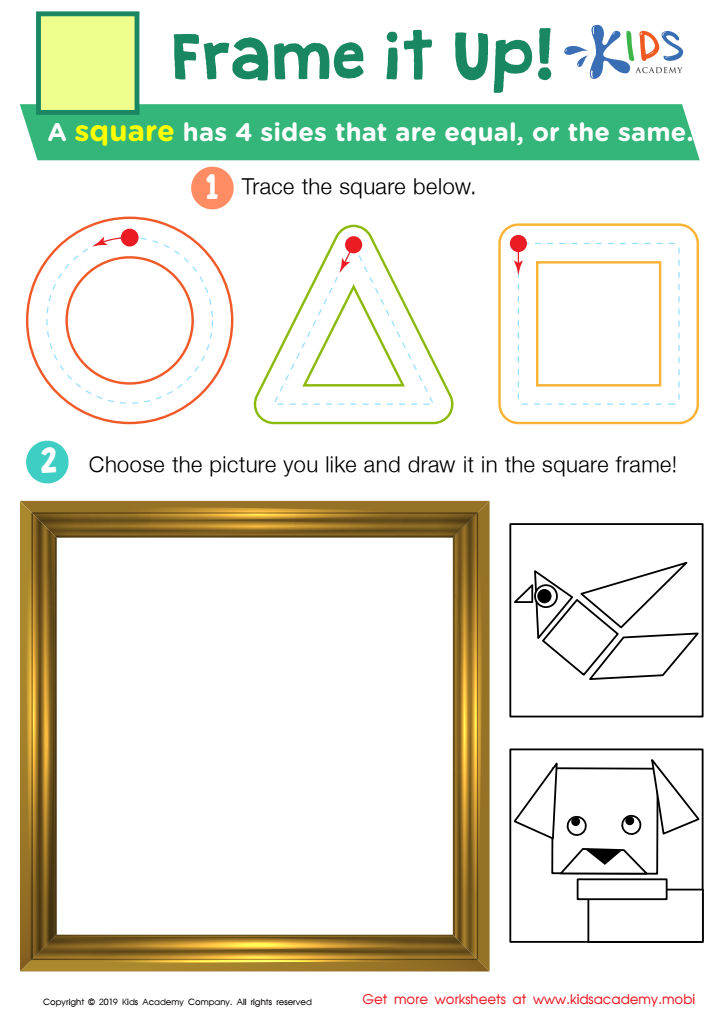

Frame it Up Worksheet
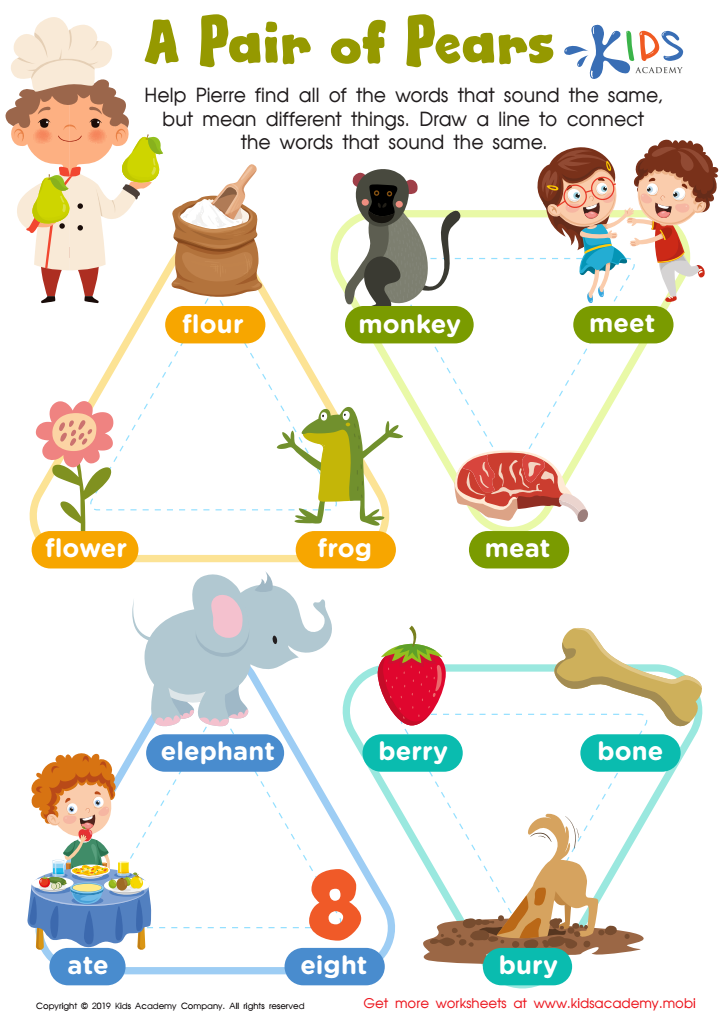

Pair Pears Worksheet
Counting skills and building vocabulary are fundamental aspects of a 6-year-old child's development, and parents and teachers should prioritize them. Firstly, counting skills are crucial as they lay the foundation for numeracy and mathematical understanding. Early proficiency in counting enables children to grasp more complex math concepts such as addition, subtraction, and problem-solving later on. It also teaches them logic, sequencing, and the skills necessary to navigate daily tasks, from understanding time to managing money.
On the other hand, building vocabulary is vital for effective communication and literacy. A rich vocabulary enhances a child's ability to express thoughts, ask questions, and engage in meaningful conversations, thereby boosting their social skills and confidence. It also directly impacts reading comprehension; the more words a child knows, the easier it will be for them to understand and enjoy more advanced texts. Engaging in activities like reading storybooks, conversational interplay, and interactive games can significantly expand a child’s vocabulary.
Investing time in developing these skills sets children on a path for academic success and better social interactions. Thus, focusing on counting skills and vocabulary is not only about immediate educational benefits but also about providing a strong foundation for future learning and everyday life.
 Assign to My Students
Assign to My Students












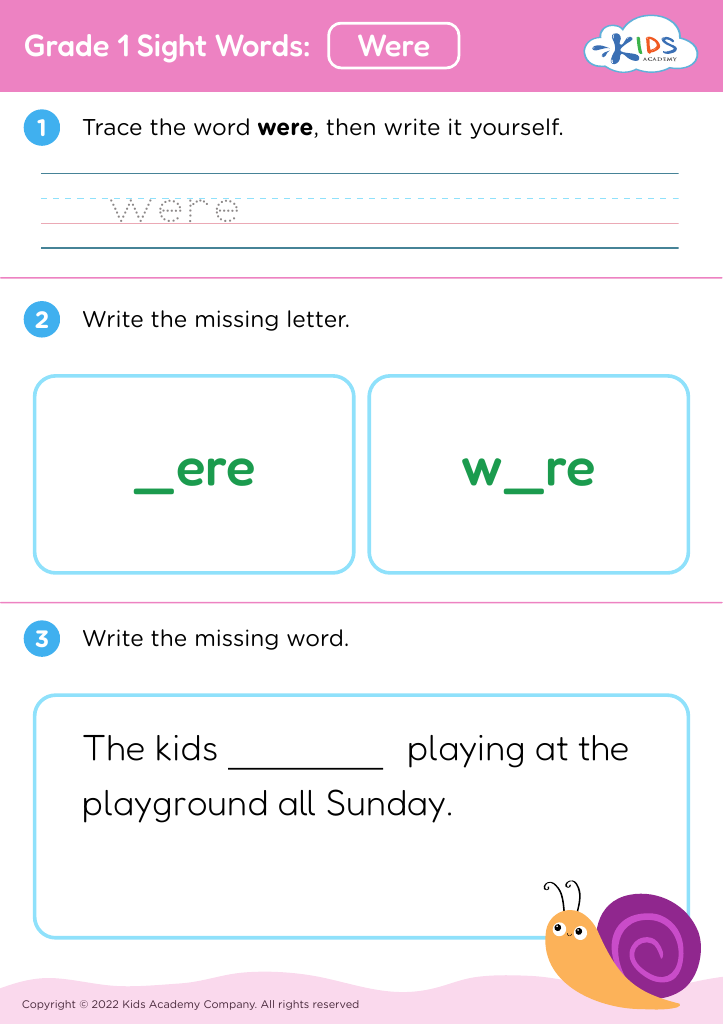
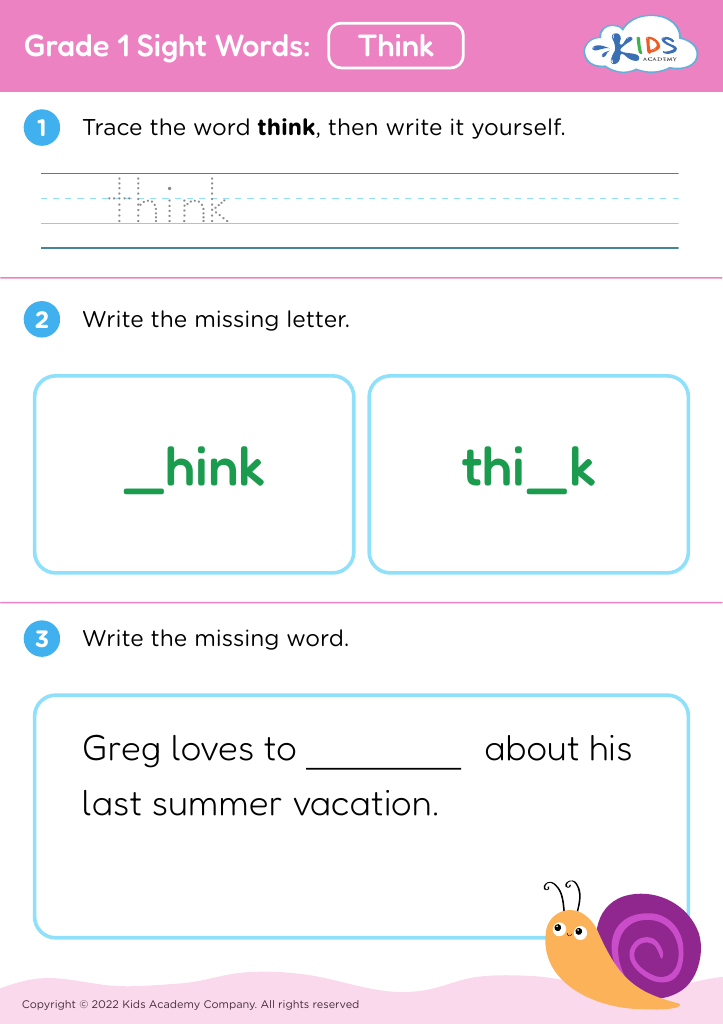
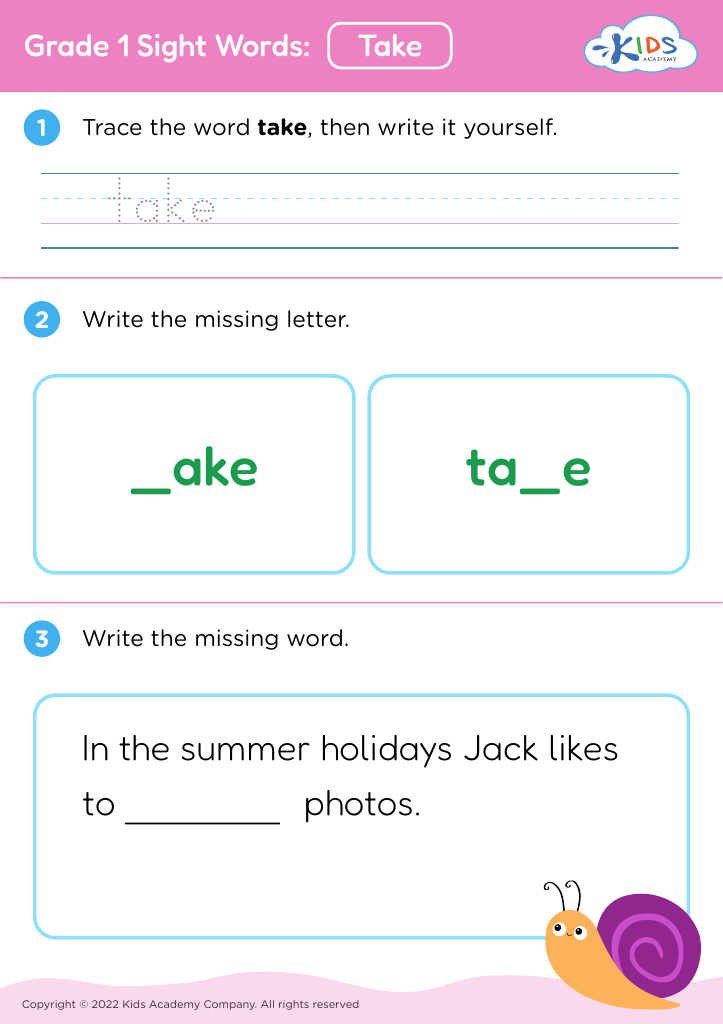
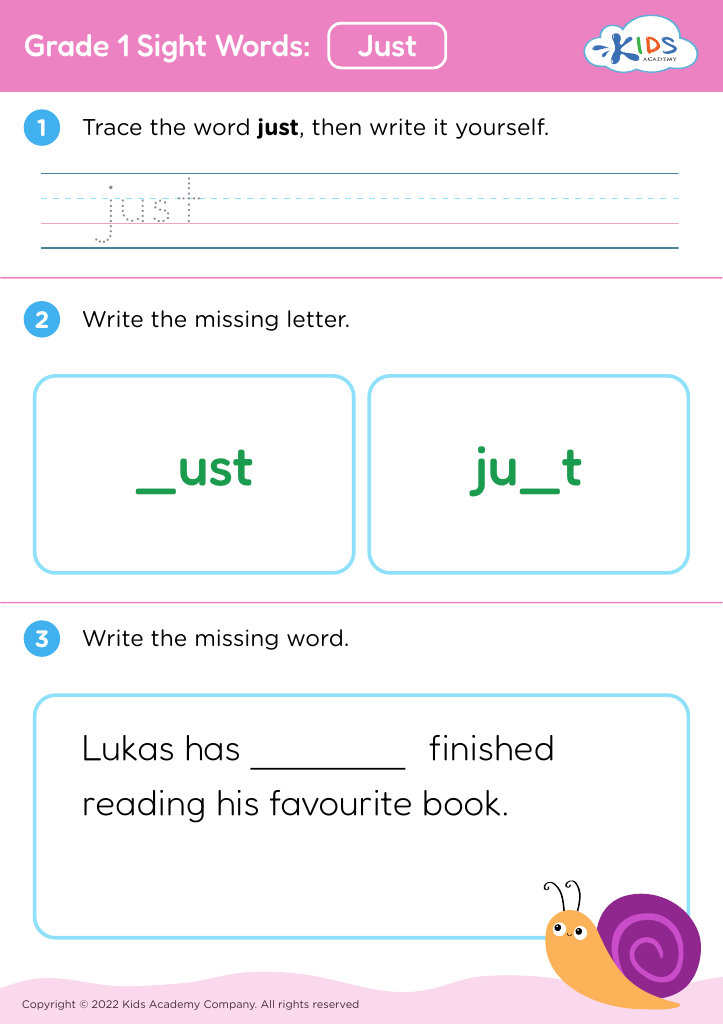
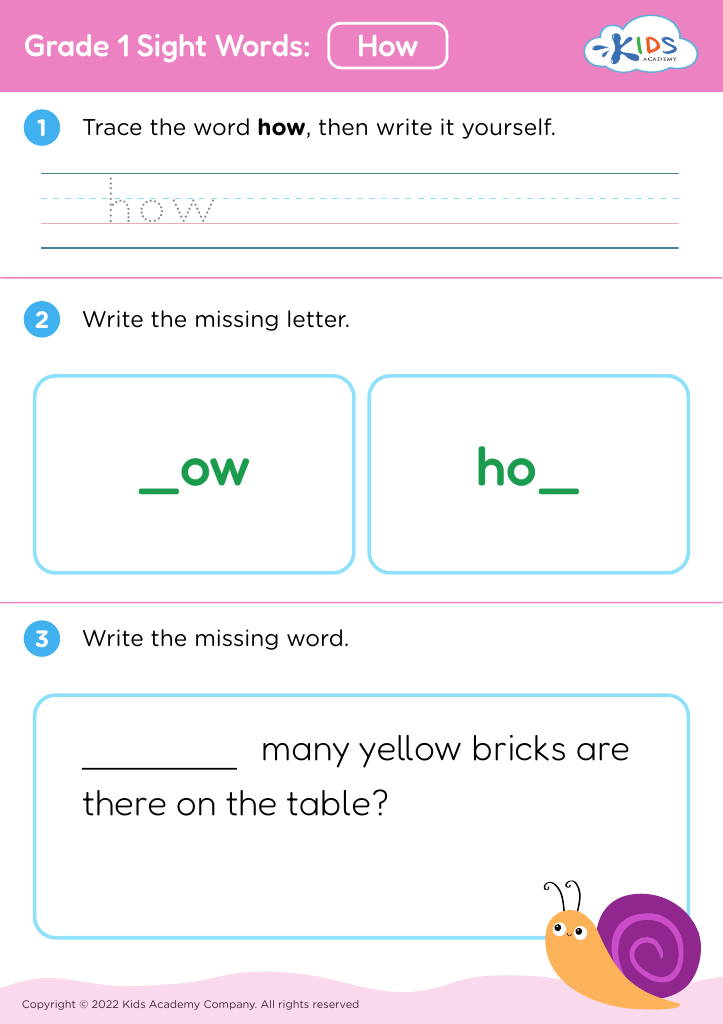
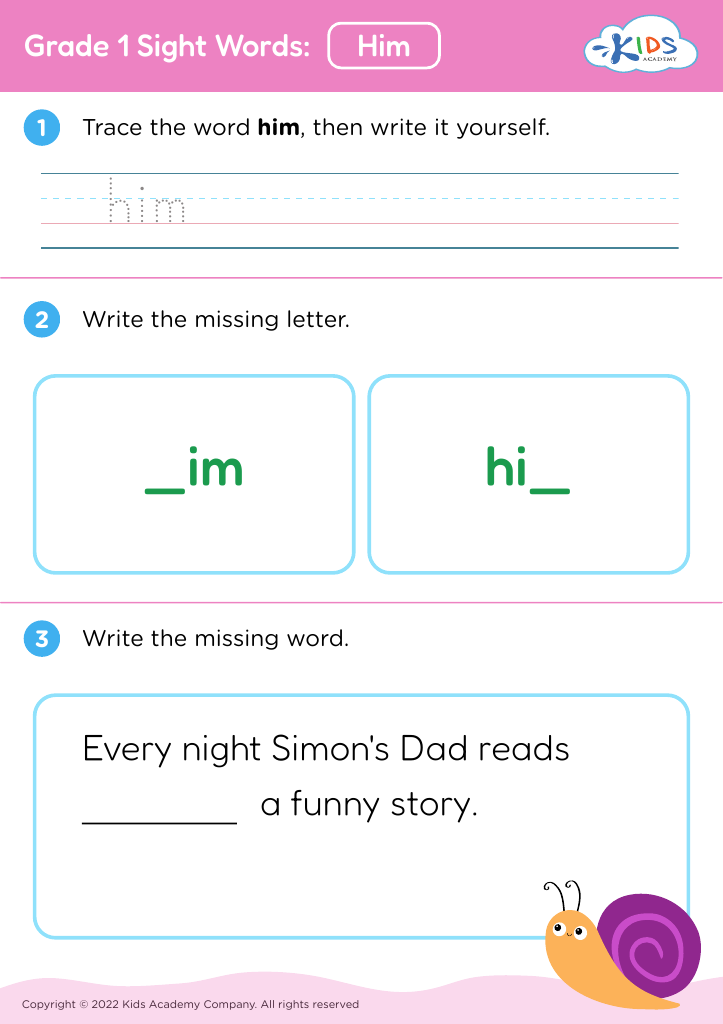
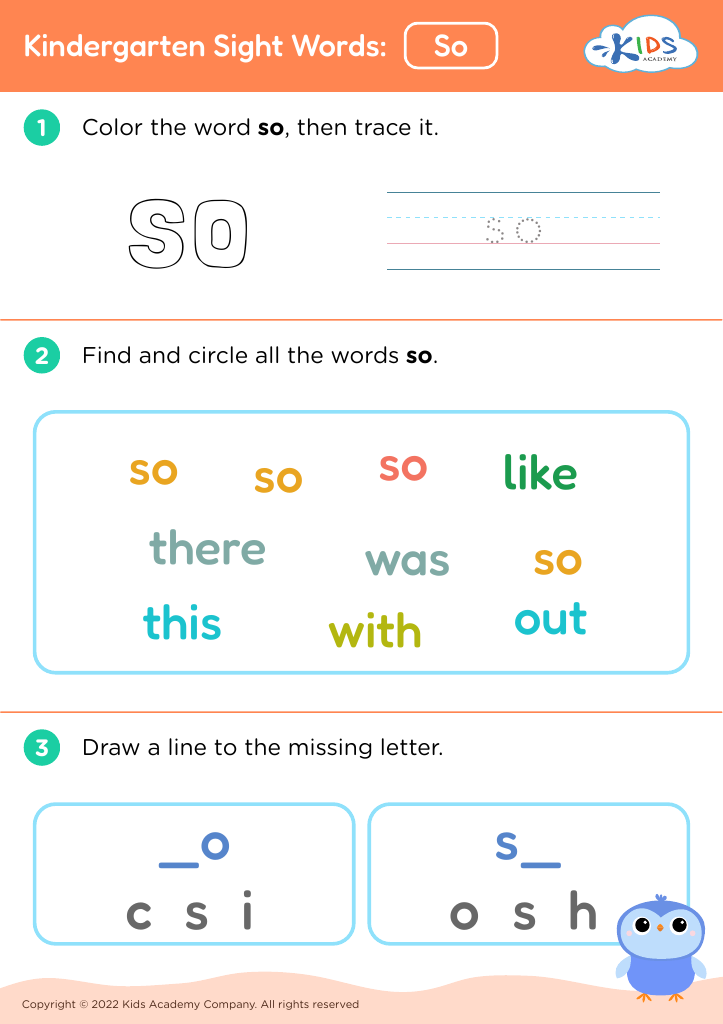

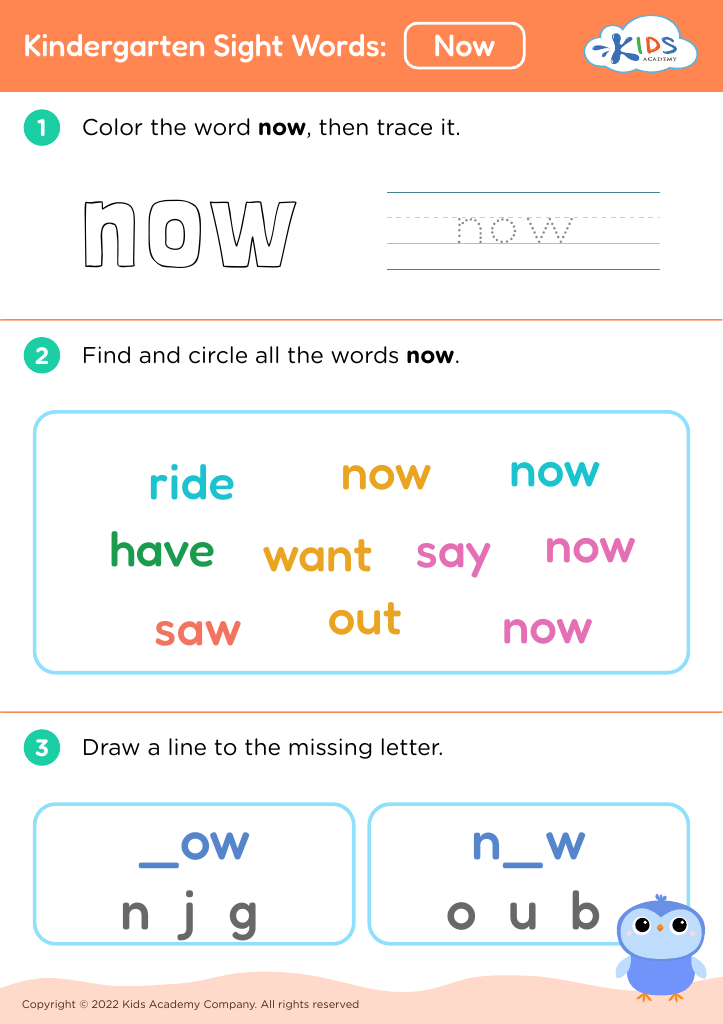
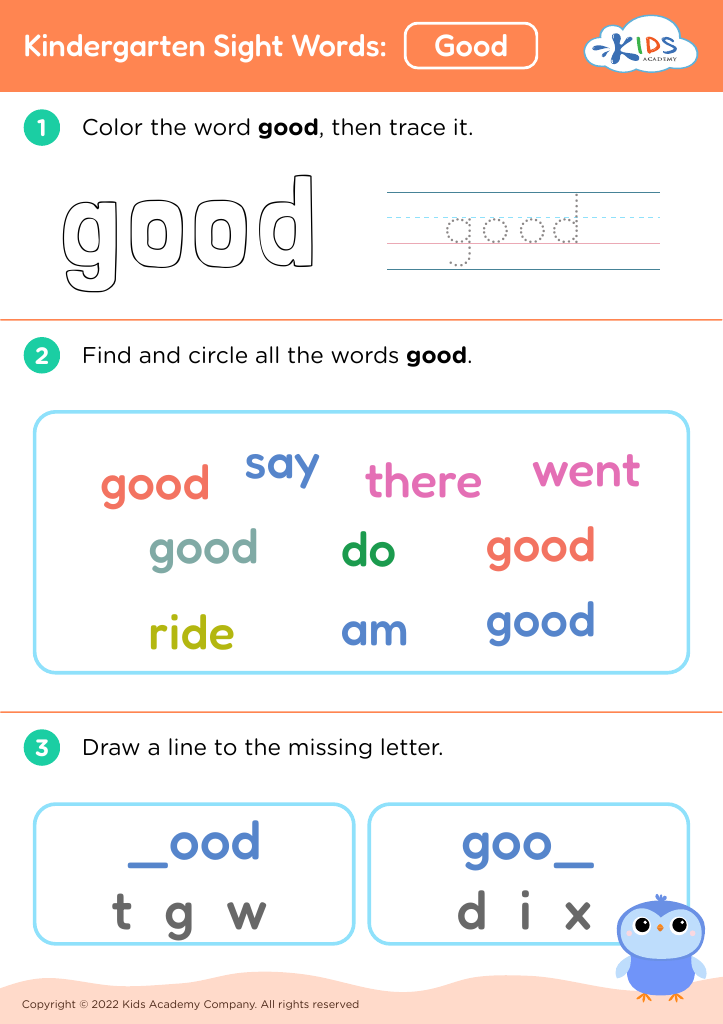
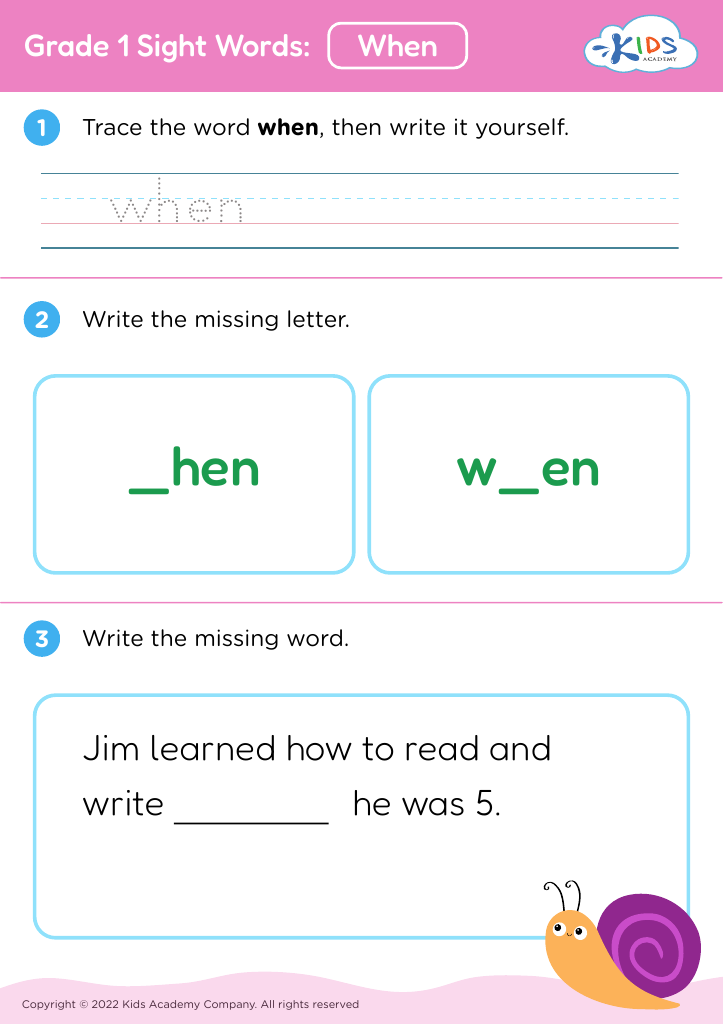




.jpg)
.jpg)













